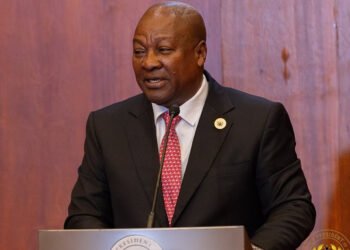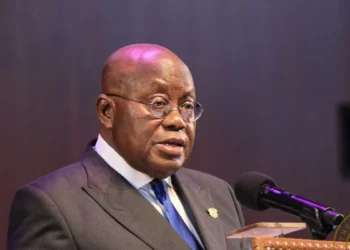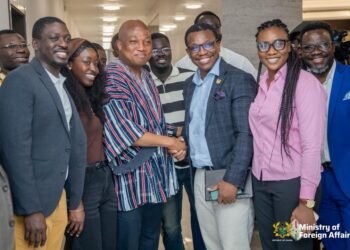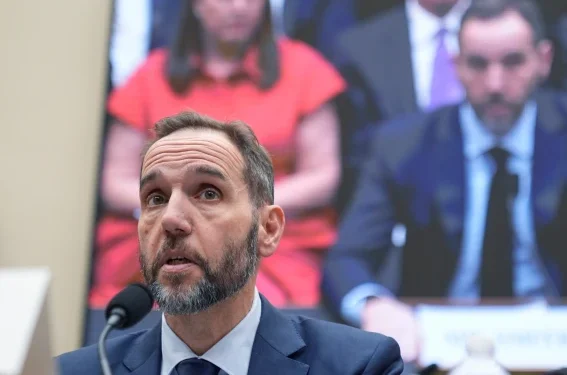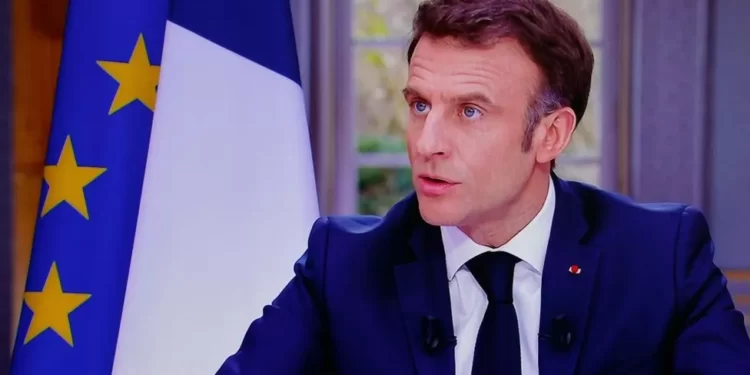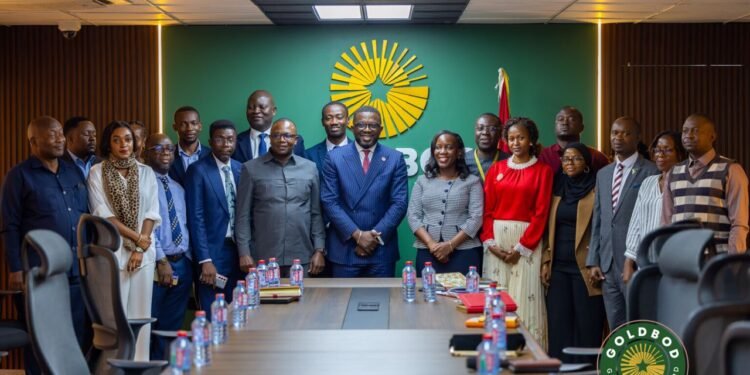A study carried out by the Center for Democratic Development (CDD-Ghana) reveals that a presidential candidate in Ghana needs at least US$100 million to win an election.
Saadija Shiraz, a representative of CDD-Ghana, shared the research findings during an engagement with the Ministry of Parliamentary Affairs and some political parties. Shiraz said the situation needs to be addressed immediately to encourage participation in democracy.
“And for the cost for running for president, the study estimated that the most viable sum of money that a person who needed to run for president was US$100 million… This is why we need to engage in conversations more to reform the state of monetization of Ghana’s politics”.
Saadija Shiraz
The Centre also found in its study that parliamentary candidates needed at least GHC4 million to win a seat and get the chance to represent their constituents.
“In the current estimate per this statement, running for Parliament was GHC4 million, out of this amount, two million is dedicated towards nurturing constituencies and the other two million is after the securing of the candidature position”.
Saadija Shiraz
Monetization of politics
This further highlights how Ghana’s political space has been monetized, making it very difficult for the ‘poor’ to lead the nation.
Ms. Shiraz throwing more lights on the background of the study, noted that the study was conducted in 2021 by the CDD. The aim, according to her, is to assess the extent to which illicit and illegal money “move into our politics”. She indicated that the study also aimed to determine how much the cost of politics was in the country.
A 2020 report by the Westminster Foundation for Democracy (WFD) on the Cost of Politics in Ghana, highlighted that multiparty elections are a costly affair for aspiring and current parliamentarians. The report revealed that between 2012 and 2016, the cost of running for political office increased by 59 percent.
The WFD report highlighted that on average, candidates needed to raise GH₵389,803 (approx. US$85,000) to secure the party primary nomination and compete in the parliamentary election in their constituency.
Cost of primaries
The survey data showed that a candidate who competed in both the 2012 and 2016 party primaries incurred a cumulative average cost of GH₵275,743. On average, candidates spent GH₵121,609 in 2012 on the party primaries contest alone; a figure that rose to GH₵154,134 in 2016, the study revealed.
“If the cost of politics rises to unaffordable levels, the danger is that, politics becomes the domain of the elite and wealthy, and that the motivation and incentives of MPs move from serving the public to recovering their own investment”.
Westminster Foundation for Democracy
The WFD study provided a breakdown of the various costs involved in seeking public office in Ghana. To do this, over 250 aspirants, candidates and sitting MPs were surveyed about their experiences in the 2012 and 2016 elections.
Types of expenditure
The study provided a detailed analyses of four key areas of election expenditure – campaigns, payment of party workers, media and advertisement and donations. The various expenditure components were analyzed in detail at both the party primary level and during parliamentary election campaigns.
The WFD stated that the cost of politics refers to the costs faced by individual candidates from the moment they decide to run to the point they become a MP. According to WFD, it includes not just the campaign, but their time in elected office, should they be successful.
The authors argued that rising costs are fostering a general disillusionment with politics, not just from those on the outside looking in, but with those participating in it.
READ ASLO: Savings and Investments are Drivers of Growth in any Economy- SEC Director-General






